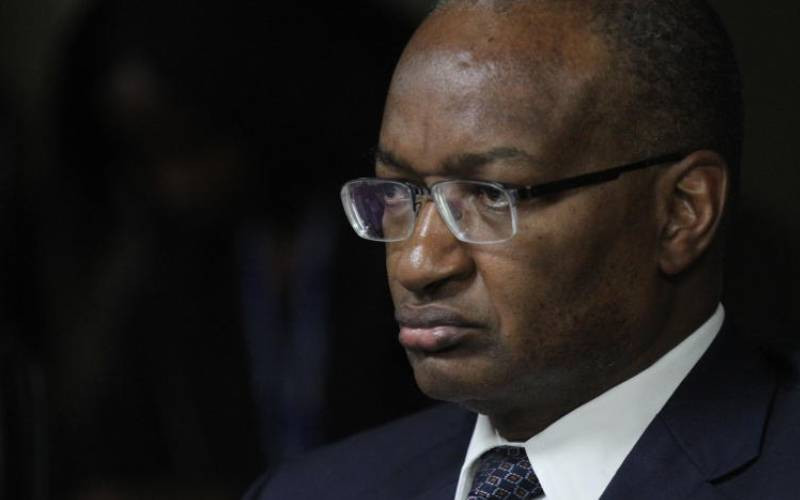×
The Standard e-Paper
Home To Bold Columnists

Audio By Vocalize

When the Covid-19 pandemic struck in early 2020, one of the average Kenyans' greatest regrets was that they had to use mobile money transfer for most transactions after handling of cash was discouraged as one way of curbing spread of the virus.
For customers, mobile transactions were expensive due to the fees levied for every transaction. For those in business, this opened an avenue for dishonest people to reverse payments done through mobile money services.
